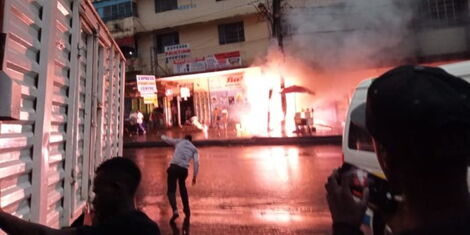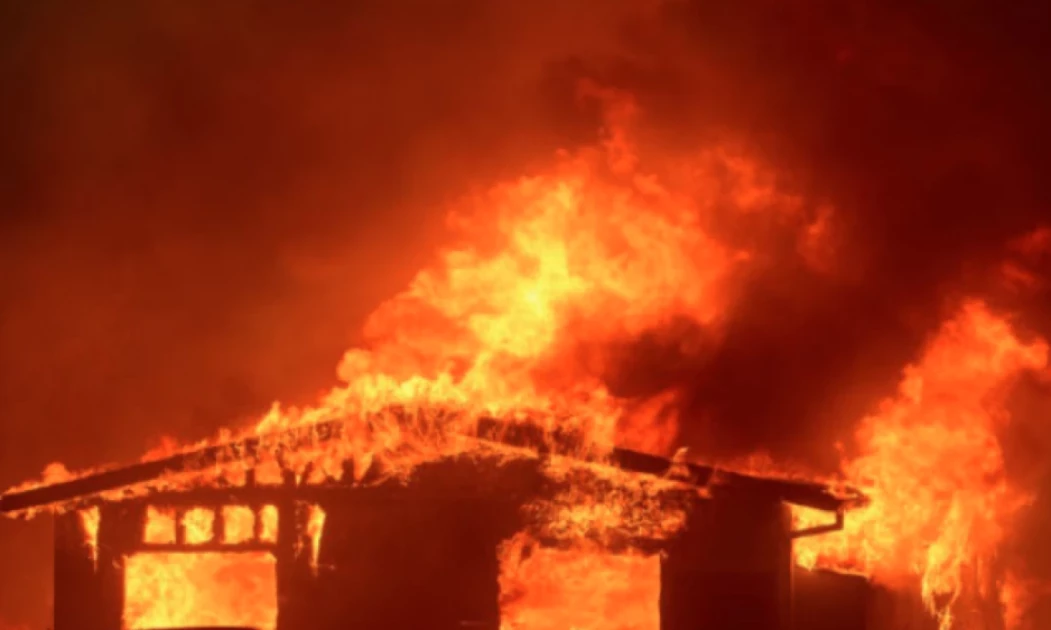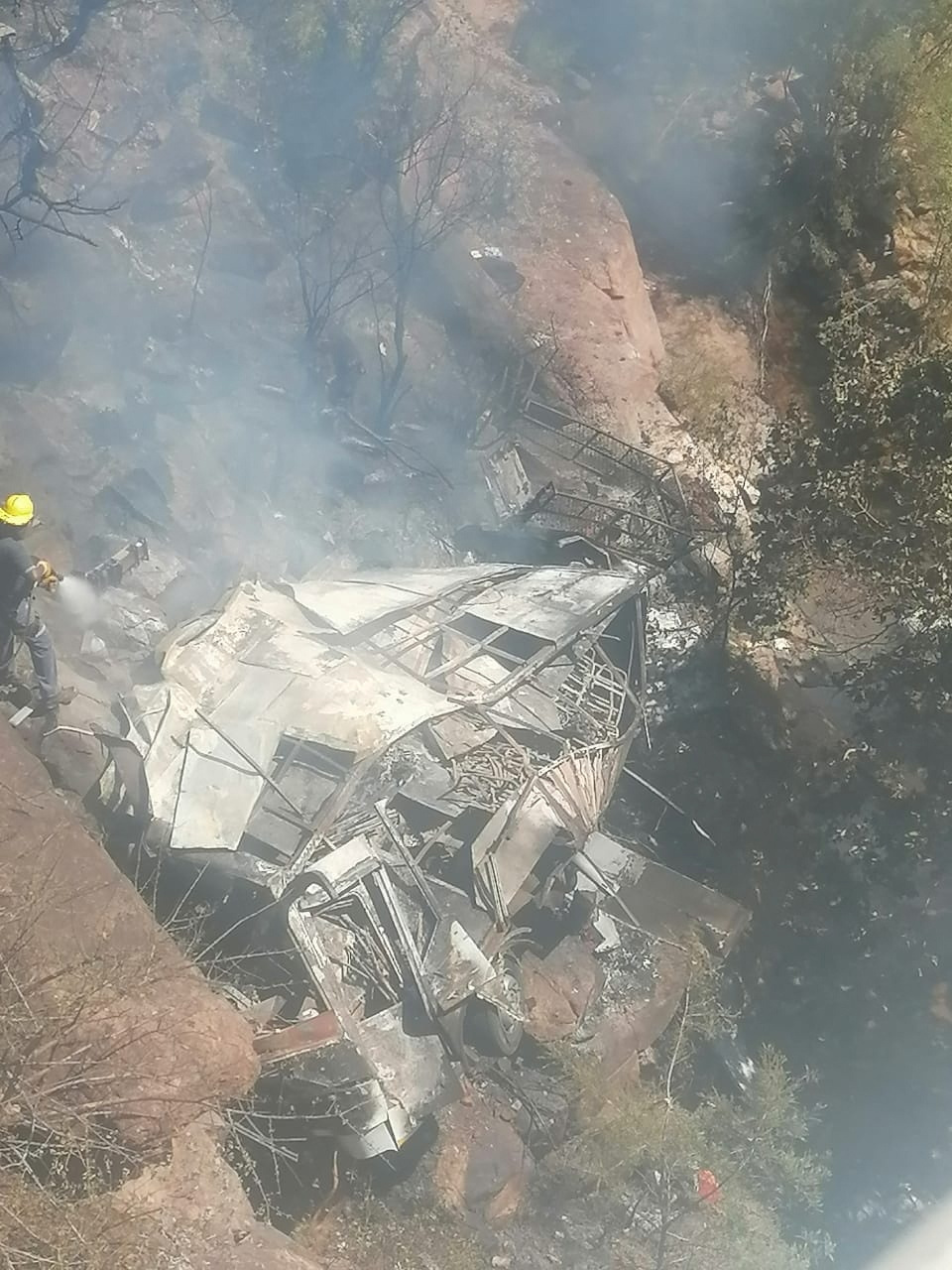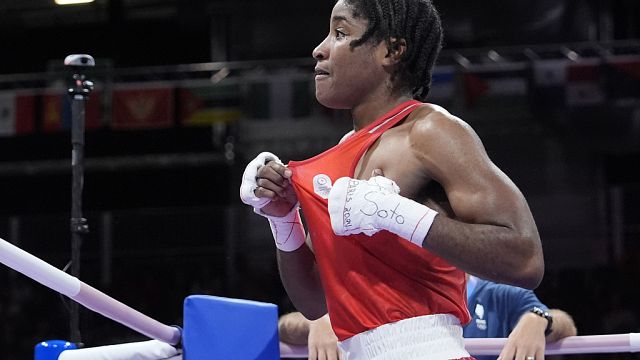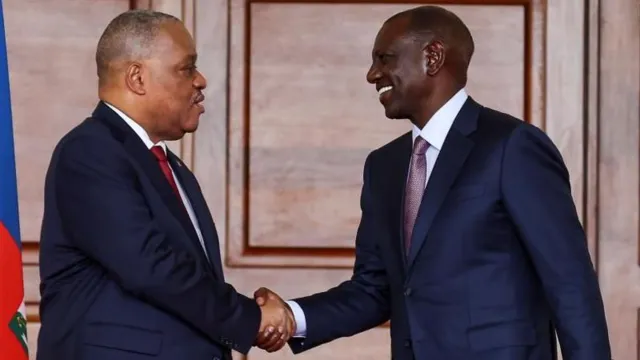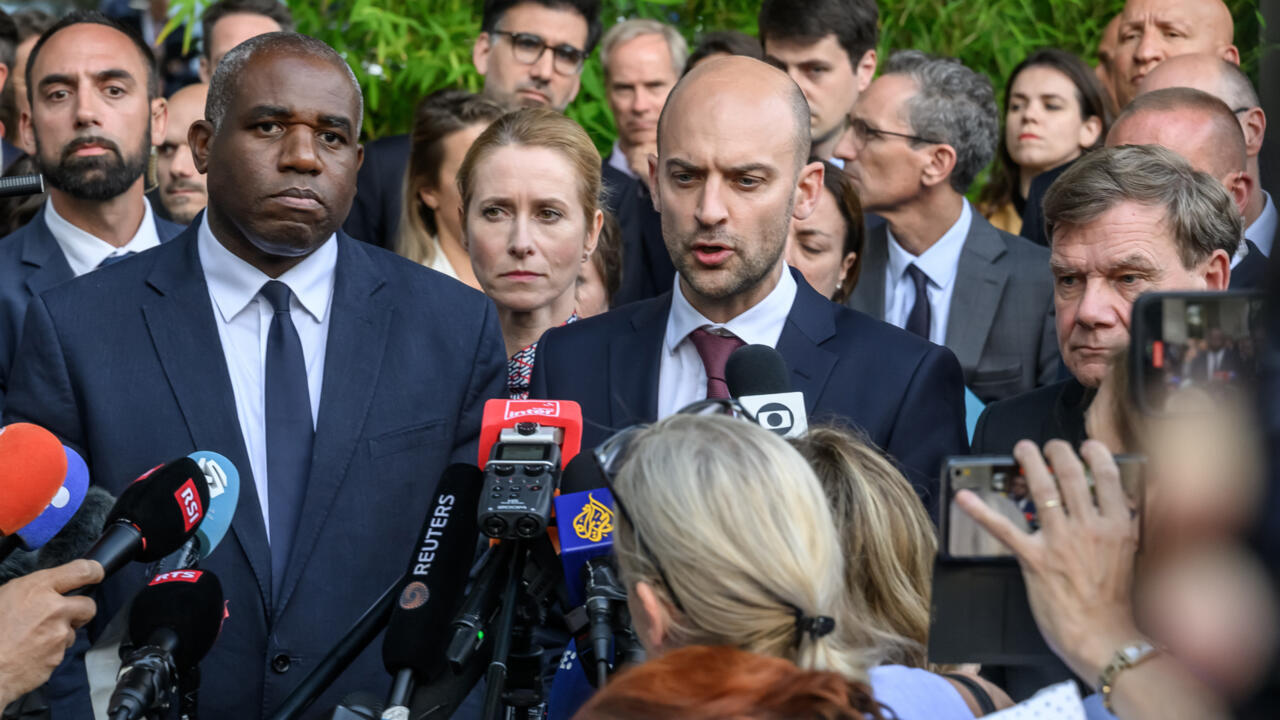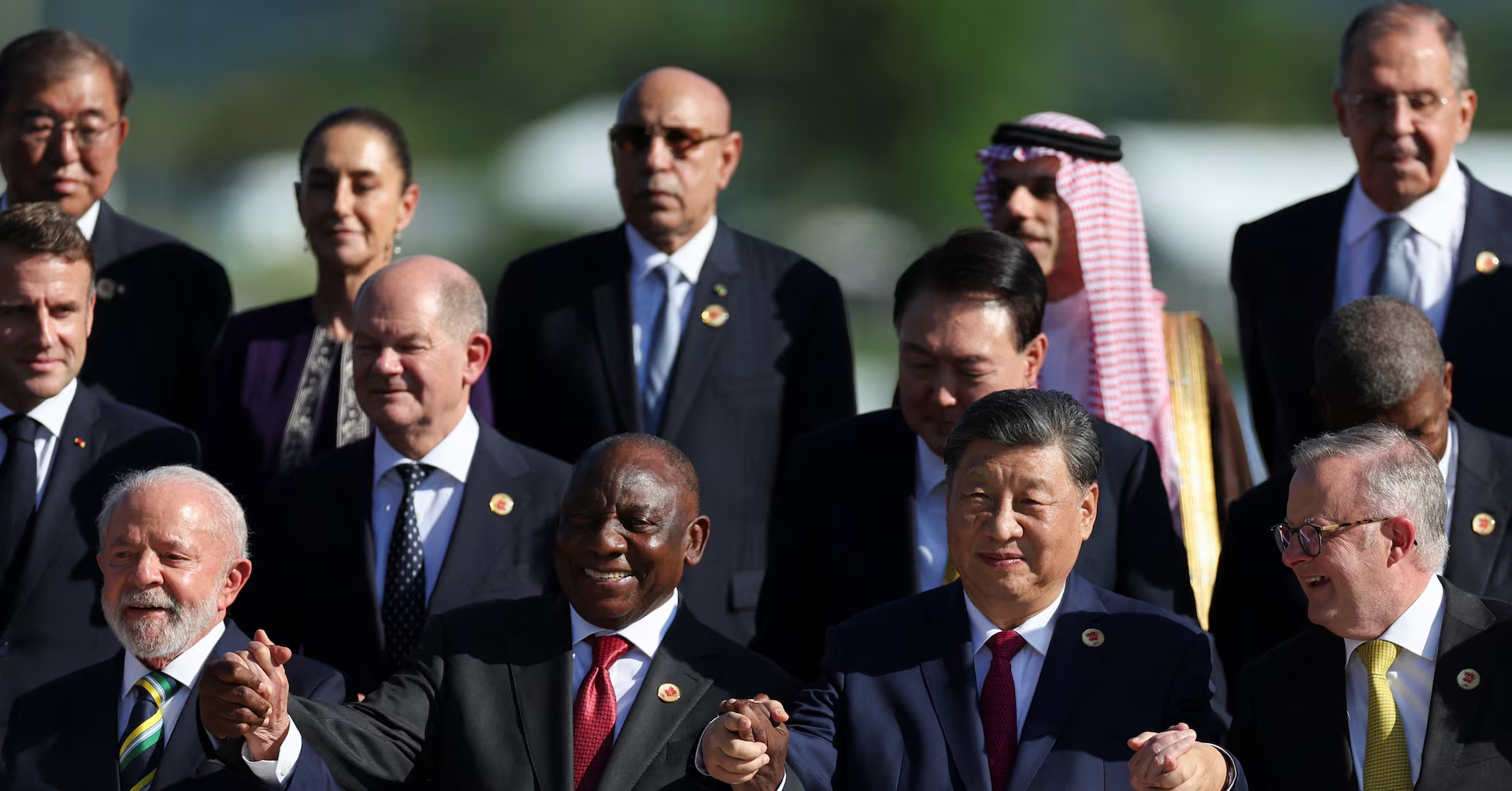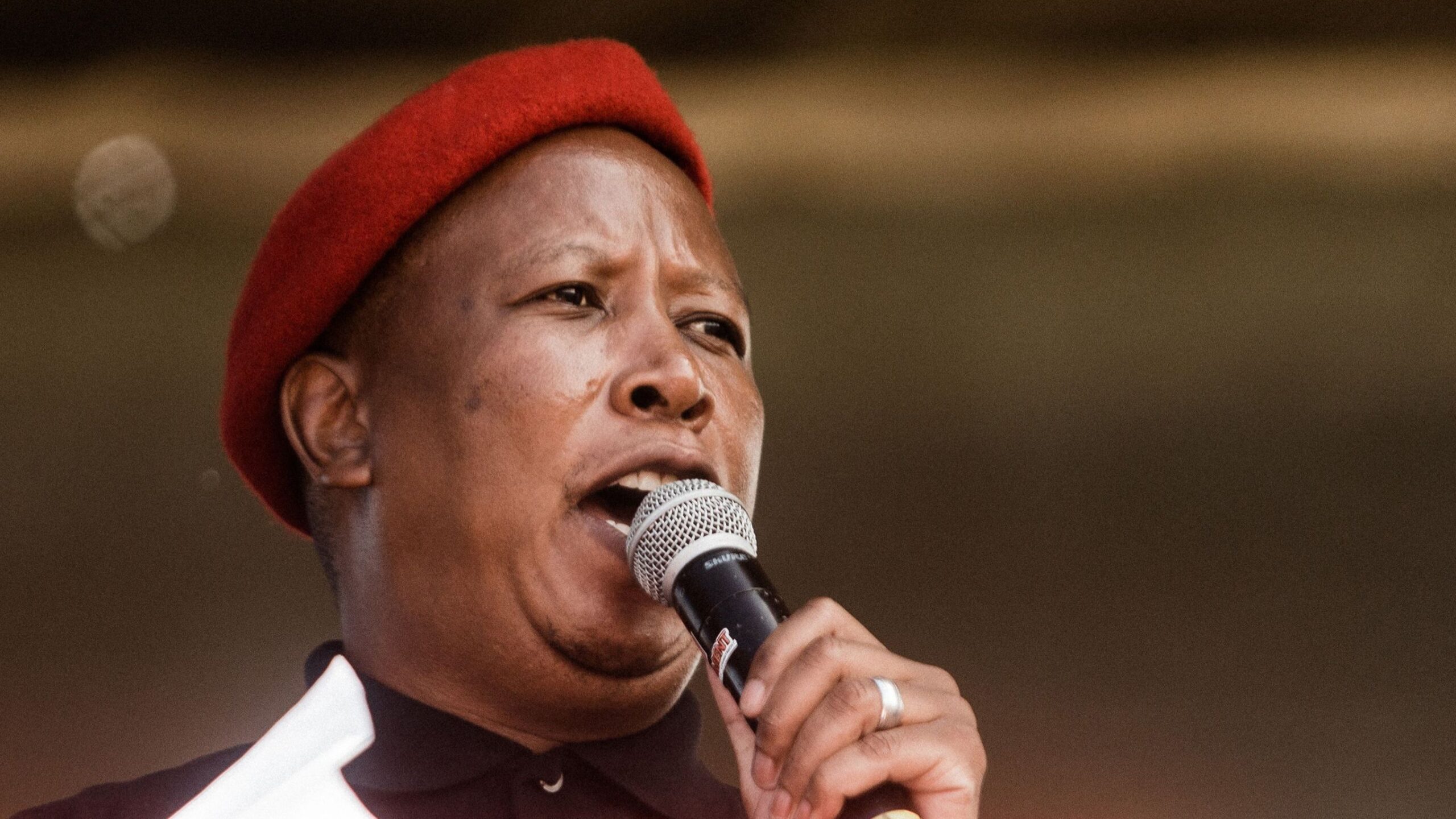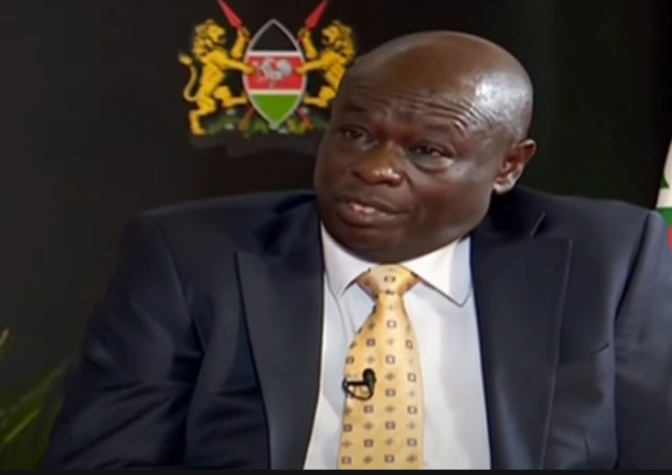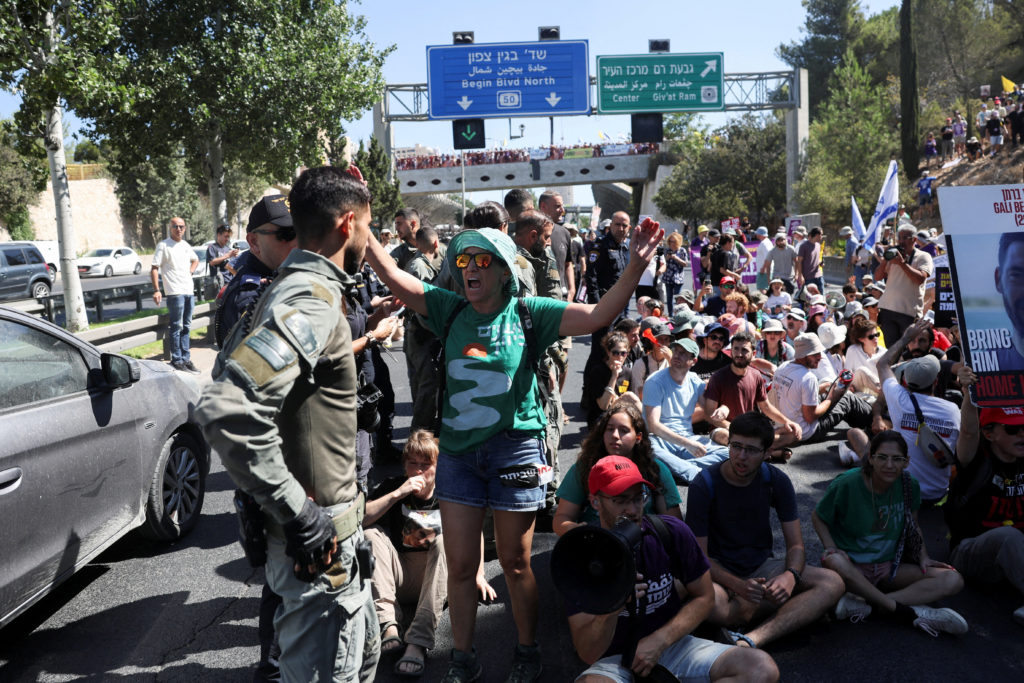Russia has strongly condemned the decision by France, Germany, and the United Kingdom to trigger the snapback mechanism under the 2015 Iran nuclear deal, which seeks to reimpose United Nations sanctions on Tehran. Moscow described the move as “illegitimate” and “legally void,” accusing the European powers of acting in bad faith.
Why Europe Pushed for Sanctions
On August 28, 2025, the three European powers—often referred to as the E3—activated the snapback clause of UN Security Council Resolution 2231.
This clause allows for the automatic reinstatement of international sanctions if Iran is found to be in significant violation of the nuclear deal, also known as the Joint Comprehensive Plan of Action (JCPOA).
The E3 cited Iran’s:
- Increased uranium enrichment beyond agreed limits.
- Restrictions on IAEA inspections.
- Failure to return to negotiations in good faith.
The process sets off a 30-day countdown, after which sanctions—including an arms embargo, travel bans, asset freezes, and restrictions on nuclear activities—will snap back unless blocked by the UN Security Council. Importantly, the mechanism was designed to bypass any veto from Russia or China.
Russia’s Rejection
The Kremlin dismissed the European decision as politically motivated and “without legal standing.” According to Moscow, since the United States quit the JCPOA in 2018, and with the E3 failing to uphold their commitments, they have “no authority” to demand sanctions.
Instead, Russia has proposed a six-month extension of the JCPOA—lasting until April 2026—to keep diplomatic channels open and prevent further escalation.
Iran’s Response
Iran has also rejected the sanctions move, calling it unjustified and dangerous. Tehran warned that Europe’s actions could trigger “irreversible consequences,” including reducing cooperation with international nuclear watchdogs and escalating regional tensions.
What This Means for Global Politics
The clash highlights deep divisions in the international community:
- Europe wants to pressure Iran back into compliance through sanctions.
- Russia and China oppose the move, pushing for dialogue instead.
- Iran is digging in, threatening retaliation while rejecting Western demands.
The outcome could reshape not just Middle East security but also the balance of power at the UN Security Council.
Looking Ahead
With sanctions expected to return in late September 2025, the next few weeks will determine whether Iran chooses confrontation or compromise. For now, the standoff sets the stage for yet another nuclear diplomacy crisis—this time with Russia and Europe openly clashing on the world stage.
Key Takeaways
- Europe triggered the snapback mechanism to reimpose UN sanctions on Iran.
- Russia calls the move illegal and offers a six-month extension of the nuclear deal instead.
- Iran has rejected sanctions, warning of severe consequences.
- A new showdown at the UN is unfolding, with major global powers deeply divided.





